Preventive dentistry is a fundamental aspect of maintaining optimal oral health, as it focuses on preventing dental issues such as tooth decay and gum disease before they develop into more severe problems. One of the most effective preventive measures is the application of dental sealants, a treatment that helps protect teeth from decay, particularly in the hard-to-reach pit and fissure areas on the chewing surfaces of molars. In this comprehensive guide, we’ll explore the importance of dental sealants, how they work, and how the experienced dental professionals at Chelmsford Dental Specialists Group can help you maintain a healthy, bright smile through the use of dental sealants and other preventive dentistry measures.
Dental sealants are thin, plastic coatings that are applied to the chewing surfaces of the back teeth (premolars and molars) to prevent food particles and bacteria from collecting in the grooves and pits where toothbrush bristles may not effectively reach. By creating a barrier against decay-causing substances, dental sealants significantly reduce the risk of cavities and provide an added layer of protection to supplement daily oral hygiene practices.
At Chelmsford Dental Specialists Group, we are committed to providing comprehensive and personalized dental care for the entire family. We understand that prevention is key to ensuring long-lasting oral health, and dental sealants, along with routine dental cleanings and checkups, form the foundation of a robust preventive dentistry program. In this guide, you’ll learn about the importance of dental sealants, the application process, and how incorporating dental sealants into your overall preventive dentistry plan can contribute to a healthy and confident smile. So, without further ado, let’s dive into the world of dental sealants and discover how they can safeguard your smile.
1: Who Can Benefit from Dental Sealants?
While dental sealants are most commonly recommended for children and teenagers who often struggle with maintaining proper oral hygiene, they can provide significant benefits for adults as well. Here’s a breakdown of who can benefit from dental sealants:
- Children and Adolescents: Dental sealants are typically applied to the primary molars of young children as soon as they erupt, typically between the ages of 5 and 7, as well as on permanent molars that generally emerge between the ages of 11 and 14. This early application helps prevent decay during these crucial developmental years when children are more susceptible to cavities.
- Adults: While dental sealants are primarily associated with pediatric dentistry, adults with a high risk of tooth decay or a history of cavities can also benefit from sealants. Those with deep pits and fissures or partially erupted molars are prime candidates for dental sealants, as these areas are more prone to the development of decay.
- Patients with Special Needs: Individuals with disabilities or conditions that make it difficult to maintain optimal oral hygiene can benefit significantly from the added protection afforded by dental sealants.
2: The Dental Sealant Application Process
The process of applying dental sealants is quick, comfortable, and straightforward, usually taking only a few minutes per tooth. The dental sealant procedure generally involves the following steps:
- Cleaning and Preparation: Your dentist will first thoroughly clean the teeth designated for sealant application. The tooth’s surface is then dried and sometimes roughened using a mild etching solution, ensuring better adhesion of the sealant material.
- Application of Dental Sealant: The dental sealant material is carefully applied to the tooth’s pits and fissures using a fine brush or syringe, forming a thin, plastic layer over the chewing surfaces. The sealant flows into the crevices, sealing off hard-to-reach areas from bacteria and food particles.
- Curing and Hardening: Once the dental sealant material is applied, it is cured using a specialized dental curing light, causing it to harden and bond securely to the tooth surface. This creates a durable, invisible barrier that protects the tooth from decay.
- Evaluation and Maintenance: After application, your dentist will examine the dental sealants to ensure they are securely bonded to your teeth and will provide essential information on maintaining your sealants. Routine dental checkups and cleanings will help monitor the condition of your dental sealants and overall oral health.
3: Longevity of Dental Sealants
Dental sealants can effectively protect your teeth from decay for several years. However, they may require reapplication over time due to regular wear and tear. With proper care and maintenance, dental sealants can last up to 10 years.
To extend the longevity of your dental sealants, it’s essential to maintain excellent oral hygiene practices, such as brushing twice daily, flossing daily, and attending regular dental cleanings and checkups. Avoid biting on hard objects, as this can damage your dental sealants and the underlying tooth structure. In addition, inform your dentist of any sensitivity or discomfort around the treated teeth, as this may indicate a need for sealant reevaluation or reapplication.
4: Benefits of Dental Sealants
Dental sealants serve as an indispensable preventive dentistry measure, providing numerous advantages in maintaining your oral health:
- Decay Prevention: Dental sealants create a barrier that stops bacteria and food particles from collecting in the tooth’s pits and fissures, which significantly reduces the risk of cavities.
- Longevity: With proper oral care and maintenance, dental sealants can provide effective protection against tooth decay for up to 10 years, ensuring a long-lasting solution for maintaining your oral health.
- Cost-Effective: By preventing tooth decay, dental sealants can reduce the need for more expensive dental treatments such as fillings, crowns, or root canals, ultimately saving you time and money.
- Painless and Non-Invasive: The dental sealant application process is entirely painless and does not involve any drilling or removal of tooth structure, making it an ideal preventive treatment for patients of all ages.
Conclusion
Dental sealants play a significant role in preventive dentistry by protecting the most vulnerable and hard-to-reach areas of your teeth from decay. At Chelmsford Dental Specialists Group, our dedicated dental team is committed to providing a comprehensive approach to your oral health, ensuring that preventive measures like dental sealants are incorporated into your personalized dental care plan. If you are interested in learning more about dental sealants or any other preventive dentistry services, we invite you to schedule an appointment with our experienced dental professionals. Together, we can help you preserve your oral health and safeguard the beauty of your smile for years to come.



